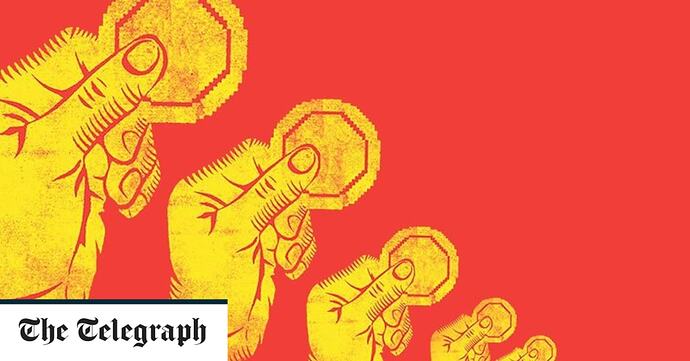Cryptocurrency, sometimes also called digital currency or virtual currency, is a type of decentralized currency that is designed to work as a medium of exchange. It uses cryptography to secure and verify transactions as well as control the creation of new units. Cryptocurrency is not issued or controlled by a central authority, making it immune to government intervention or manipulation.
Origins
The origins of cryptocurrency can be traced back to the invention of Bitcoin by an unknown person or group of people under the pseudonym Satoshi Nakamoto in 2008. Bitcoin was designed as a peer-to-peer electronic cash system that uses a decentralized database called a blockchain to record and verify transactions.
Since the invention of Bitcoin, thousands of other cryptocurrencies have been created, including Ethereum, Ripple, and Litecoin. Each cryptocurrency has its own unique set of features and intended use cases.
Decentralization
One of the key features of cryptocurrency is decentralization. Cryptocurrencies are designed to operate without a central authority, such as a bank or government. Instead, they rely on a network of computers to verify and process transactions.
This decentralization has several important advantages. First, it makes cryptocurrency more resistant to censorship or control by any single entity. Second, it allows for greater transparency and accountability in transactions. All transactions are recorded publicly on the blockchain, which means anyone can see them.
Blockchain
Blockchain is a decentralized database that is used to store and record all cryptocurrency transactions. The blockchain is maintained by a network of computers called nodes that verify and process transactions. Each block on the blockchain contains a batch of transactions and a unique code, called a hash, that identifies the block.
Once a block is added to the blockchain, it cannot be altered or deleted. This makes the blockchain extremely secure and resistant to hacking or fraud. Any attempt to alter the blockchain is immediately detected by the network of nodes, which will reject the change.
Mining
Mining is the process by which new cryptocurrency units are created and transactions are verified. Each cryptocurrency has its own method for mining, but the most common is called proof-of-work.
Proof-of-work involves a network of computers solving complex math problems in order to verify transactions and create new units of currency. These computers are known as miners. The first miner to solve the problem and verify the transaction is rewarded with a certain number of new units of cryptocurrency.
Mining is an important part of the cryptocurrency ecosystem because it serves to secure the network and prevent fraud. Miners are incentivized to play by the rules and maintain the integrity of the blockchain.
Advantages and Disadvantages
Cryptocurrency offers several advantages over traditional currency. First, it is fast and easy to transfer funds across borders. Second, it is immune to government intervention and control. Third, it is more secure and transparent than traditional currency.
However, cryptocurrency also has some disadvantages. First, it is highly volatile and subject to wild price swings. Second, it can be difficult to use for everyday transactions. Third, it is sometimes associated with illegal activities such as money laundering and tax evasion.
Conclusion
Cryptocurrency is a revolutionary technology that has the potential to change the way we think about money and finance. It offers many advantages over traditional currency, but also presents some challenges and risks. As the technology continues to evolve, it will be exciting to see how it is adopted and used in the years to come.
Disclaimer
6do Encyclopedia represents the inaugural AI-driven knowledge repository, and we cordially invite all community users to collaborate and contribute to the enhancement of its accuracy and completeness.
Should you identify any inaccuracies or discrepancies, we respectfully request that you promptly bring these to our attention. Furthermore, you are encouraged to engage in dialogue with the 6do AI chatbot for clarifications.
Please be advised that when utilizing the resources provided by 6do Encyclopedia, users must exercise due care and diligence with respect to the information contained therein. We expressly disclaim any and all legal liabilities arising from the use of such content.











